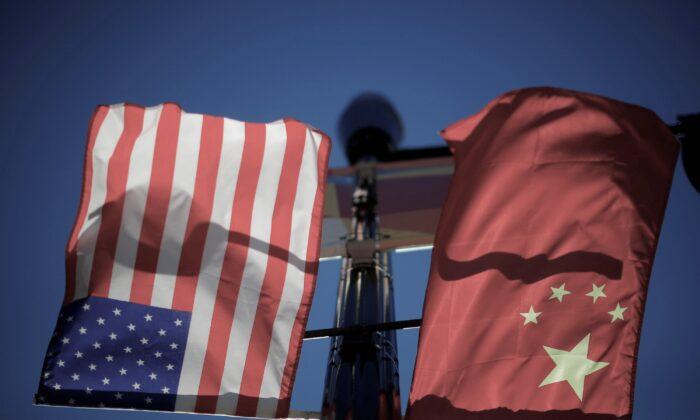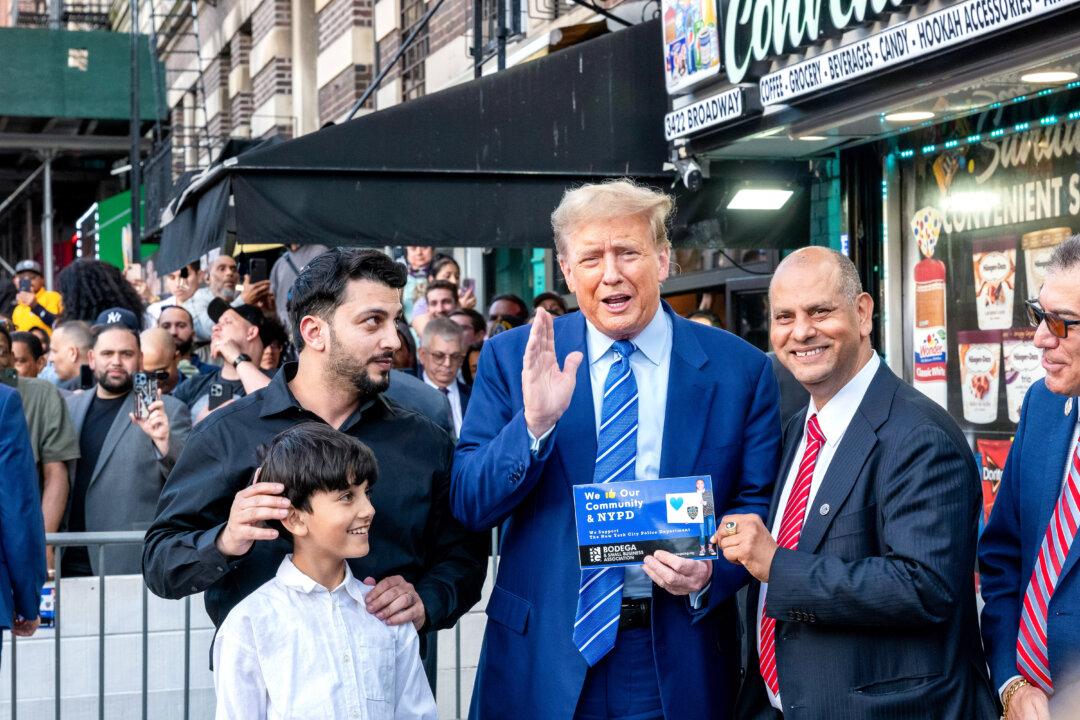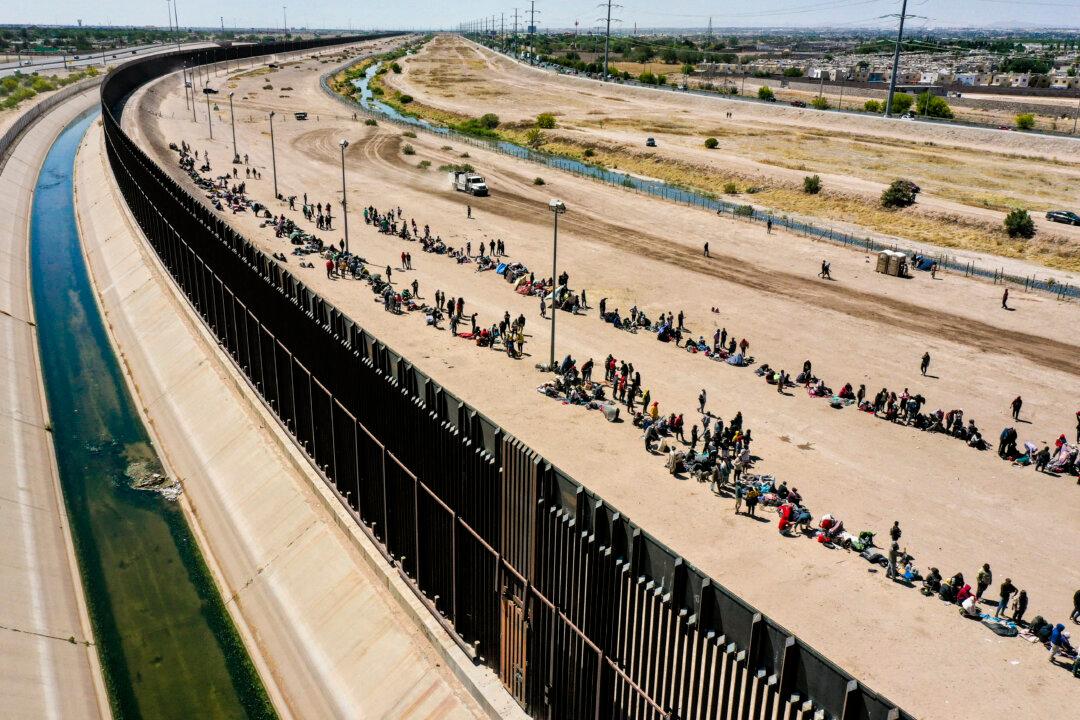A top congressional advisory body has urged the United States to form an interagency committee tasked with issuing sanctions in the event that China engages in “hostile action” against Taiwan.
The panel urged Congress to “enact legislation creating a permanent interagency committee” charged with developing plans for sanctions or other economic measures in the event of “a Chinese attack, blockade, or other hostile action against Taiwan.”
The committee would also evaluate the potential economic and political consequences of various options and coordinate their implementation, according to the USCC.
The panel suggested that the committee include members from the State Department, Treasury Department, Commerce Department, Defense Department, and the Department of Homeland Security.
According to the report, China may view Russian sanctions as an example of the potential repercussions for its own aggression against Taiwan, prompting China to “accelerate ongoing efforts to harden its economy against sanctions and undermine the dollar-led financial system.”
“With a globalized economy that is still heavily dollar dependent, China is highly susceptible to foreign sanctions,” the USCC report reads.
“At the same time, the breadth and depth of U.S. and U.S. allies and partners’ sanctions on Russia would be far more difficult to achieve on China without significant disruption to many key supply chain networks due to the size and global integration of the Chinese economy.”
Washington could target Chinese transactions given that China’s imports are subject to two “chokepoints”—the interbank communication system SWIFT and the U.S. dollar clearing system known as CHIPS—the USCC stated.
Taiwan Military Spending
The recommendation also proposes establishing a joint planning mechanism and encouraging increases in Taiwan’s defense spending to ensure that the island is arming itself to the best of its ability.China seeks to isolate Taiwan from the rest of the world through diplomatic, economic, and military coercion, USCC Chair Alex Wong said during a meeting introducing the report’s publication. The regime’s goal is to compel Taiwan into accepting communist rule by any means necessary.
To that end, the United States and Taiwan would need to increase their cooperation to ensure their victory in the event of a conflict with China, according to Wong.
“We recommend the creation of an economic and security preparedness and resilience office to ensure that we ourselves are prepared to withstand and win long-term competition and conflict,” he said.
However, Taiwan has never been controlled by the CCP. The island nation has been self-governed since 1949 and boasts a thriving democratic government and market economy.






Friends Read Free